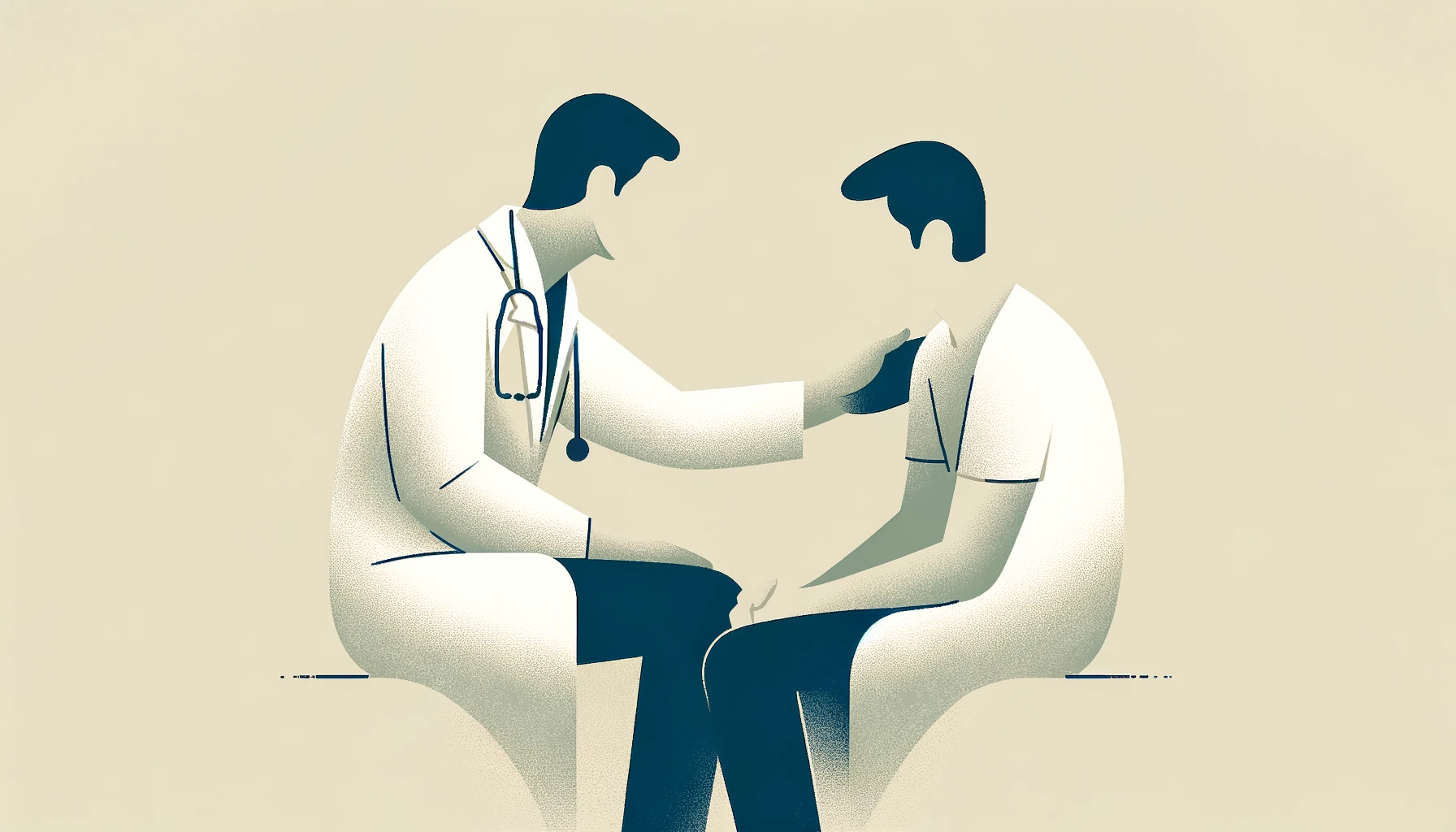In today’s rapidly evolving healthcare landscape, there is a growing demand for skilled professionals in research and analysis, with companies like GS Labs leading the way in innovation and driving advancements in healthcare research and analysis. From conducting clinical trials to analyzing healthcare data, careers in healthcare research and analysis offer exciting opportunities to make a meaningful impact on patient care and outcomes. In this article, we explore the steps to kickstart a career in this dynamic field.

Understanding Healthcare Research and Analysis
Before diving into the specifics of starting a career in healthcare research and analysis, it’s essential to understand what this field entails. Healthcare research involves conducting studies and experiments to advance medical knowledge and improve patient care. Healthcare analysis, on the other hand, focuses on interpreting data to identify trends, patterns, and insights that can inform decision-making in healthcare settings.
Steps to Get Started in Healthcare Research and Analysis
- Education: A solid educational foundation is essential for a career in healthcare research and analysis. Consider pursuing a bachelor’s degree in a relevant field such as biology, chemistry, statistics, or public health. Advanced degrees such as a master’s or Ph.D. may also be beneficial for certain roles, particularly in research-intensive positions.
- Gain Experience: Hands-on experience is invaluable in the field of healthcare research and analysis. Look for opportunities to intern or volunteer in research labs, healthcare organizations, or academic institutions. This will allow you to develop practical skills, gain exposure to different research methodologies, and build professional connections.
- Specialize: Healthcare research and analysis encompass a wide range of specialties and subfields. Consider specializing in areas such as clinical research, epidemiology, health informatics, or biostatistics based on your interests and career goals. Specialized training and certifications can enhance your qualifications and marketability in the field.
- Networking: Building a strong professional network is crucial for career advancement in healthcare research and analysis. Attend industry conferences, join professional associations, and connect with professionals working in your desired field. Networking can provide valuable insights, mentorship opportunities, and potential job leads.
- Develop Technical Skills: In addition to academic knowledge, proficiency in technical skills is essential for success in healthcare research and analysis. Familiarize yourself with statistical software such as SAS, R, or SPSS, as well as data visualization tools like Tableau or Power BI. Strong analytical skills, attention to detail, and problem-solving abilities are also highly valued in this field.
- Stay Updated: The healthcare landscape is constantly evolving, with new technologies, regulations, and research findings emerging regularly. Stay informed about the latest developments in the field by reading scientific journals, attending seminars, and participating in continuing education opportunities. Keeping abreast of industry trends will help you remain competitive and adaptable in your career.
Career Opportunities in Healthcare Research and Analysis
A career in healthcare research and analysis offers a diverse range of opportunities across various sectors, including:
- Pharmaceutical companies
- Biotechnology firms
- Academic research institutions
- Healthcare consulting firms
- Government agencies
- Hospitals and healthcare systems
Roles in this field may include clinical research coordinator, data analyst, biostatistician, epidemiologist, health policy analyst, or research scientist, among others. Depending on your interests and skillset, you may choose to focus on clinical trials, health outcomes research, health informatics, or population health analytics.
Conclusion
A career in healthcare research and analysis can be both rewarding and fulfilling, offering opportunities to contribute to advancements in medical science and improve patient care. By pursuing a solid education, gaining practical experience, and developing specialized skills, you can position yourself for success in this dynamic and ever-evolving field. Remember to stay curious, proactive, and open to learning as you embark on your journey towards a career in healthcare research and analysis.




